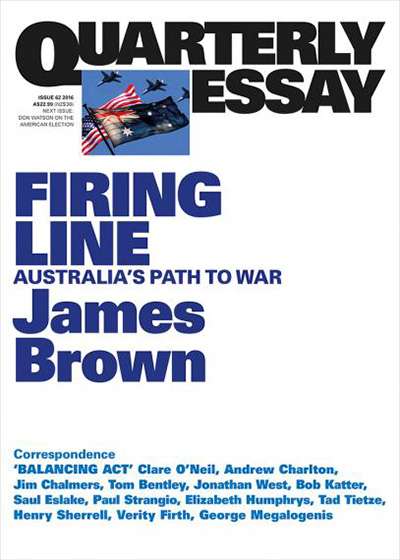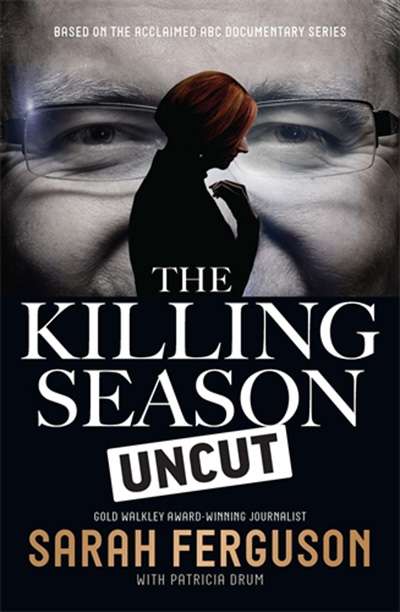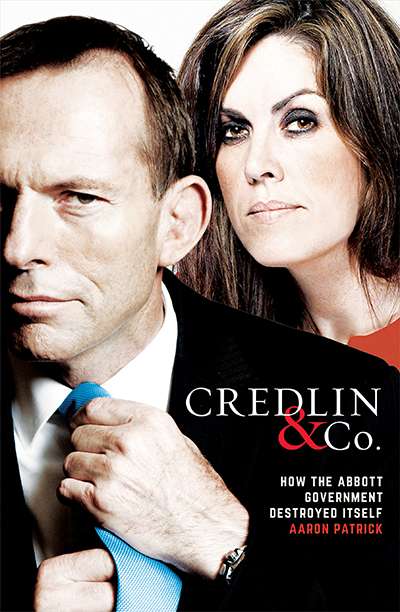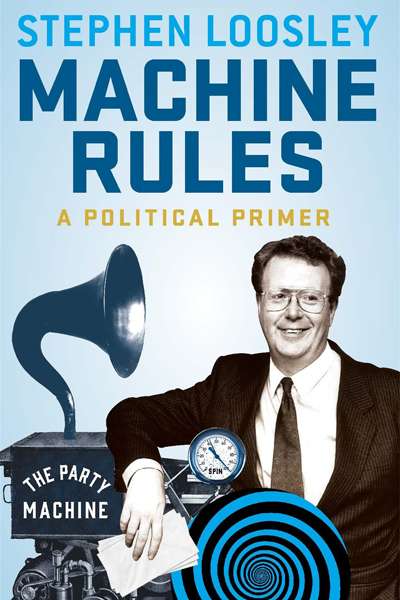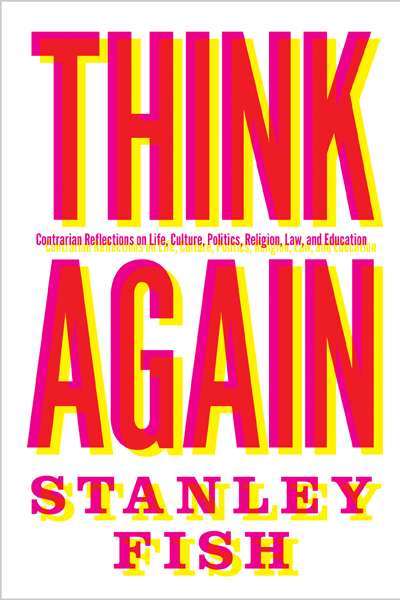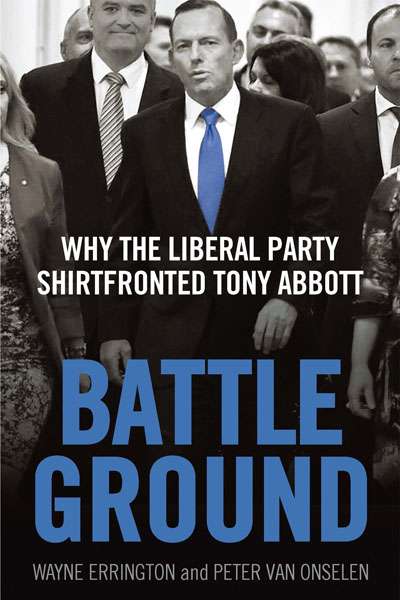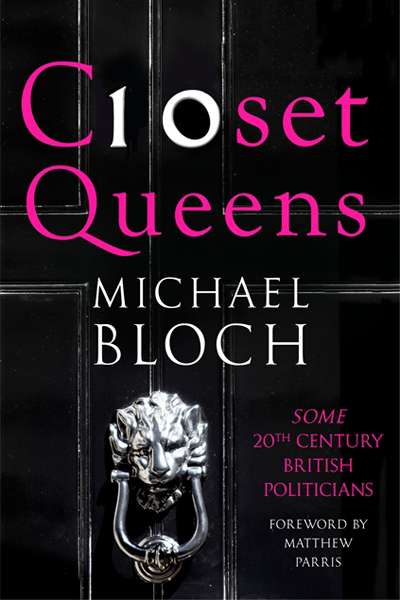Politics
Firing Line: Australia's path to war (Quarterly Essay 62) by James Brown
Australians must start 'thinking like hawks, while moving like doves', James Brown asserts in his viscerally illustrated but poorly argued Firing Line: Australia's path to war ...
... (read more)Offshore: Behind The wire on Manus and Nauru by Madeline Gleeson
This month marks a grim anniversary: four years ago, in August 2012, Prime Minister Julia Gillard re-introduced a policy of offshore processing for asylum seekers ...
... (read more)The Killing Season Uncut by Sarah Ferguson, with Patricia Drum
Books have long provided fodder for films and television. Now films and television series, particularly documentaries, spawn books. The Killing Season Uncut is a ...
... (read more)Credlin & Co by Aaron Patrick & The Road to Ruin by Niki Savva
In August 2014, then Prime Minister Tony Abbott gave a short speech disagreeing with the contention put forward in Triumph and Demise: The Broken Promise ...
... (read more)Settling the Office: The Australian Prime Ministership from Federation to Reconstruction by Paul Strangio, Paul 't Hart, and James Walter
In the early years after Federation, Australia's first prime minister, Edmund Barton, was accommodated on the top floor of the Victorian Parliament in Spring Street, in a converted garret. At the end of a parliamentary day, the convivial Barton would invite ministerial colleagues up to the flat where they would talk long into the night. Then, as one senator later re ...
Mark Latham – former columnist for the Australian Financial Review, former 'special correspondent' for Sixty Minutes, former federal leader of the Australian Labor Party – wasn't the only politician to keep a diary. Writing in The Latham Diaries (2005) – a book most politicians and apparatchiks approach via the index – Latham revea ...
Think Again: Contrarian Reflections on Life, Culture, Politics, Religion, Law, and Education by Stanley Fish
Should American academics boycott contact with Israeli universities in protest against events in Palestine? The issue has been fiercely debated at many American colleges, argued at meetings of the American Association of University Professors, dilated in the broader media. Those supporting a boycott, writes Stanley Fish in Think Again, rely on an expanded d ...
Battleground: Why the Liberal Party Shirtfronted Tony Abbott by Wayne Errington and Peter van Onselen
The Abbott era already seems a far-off time of jihad on the ABC and the Human Rights Commission, death cults, three-word slogans, celebratory cigars, royal knighthoods, raw onions, and helicopter jaunts. To be reminded of it is to relive the 'tawdry nightmare – a male buddy film of singular fatuousness', to borrow Pankaj Mishra's dismissal of the West's post-Cold ...
Closet Queens: Some 20th century British politicians by Michael Bloch
With marriage equality becoming the norm in Western countries (though, signally, not in Australia), it may be tempting to forget how recent and rapid and seemingly decisive changes in the legal treatment of, and social attitudes towards, homosexuality have been. The death of Lord Montagu of Beaulieu in late August 2015 marked the passing of the last living public fi ...
Australia does not have a great tradition of writers producing books on international affairs for a general audience. Along with others like Hugh White, Michael Wesley – a former head of the Lowy Institute now based at the Australian National University – is helping to correct this.
... (read more)
